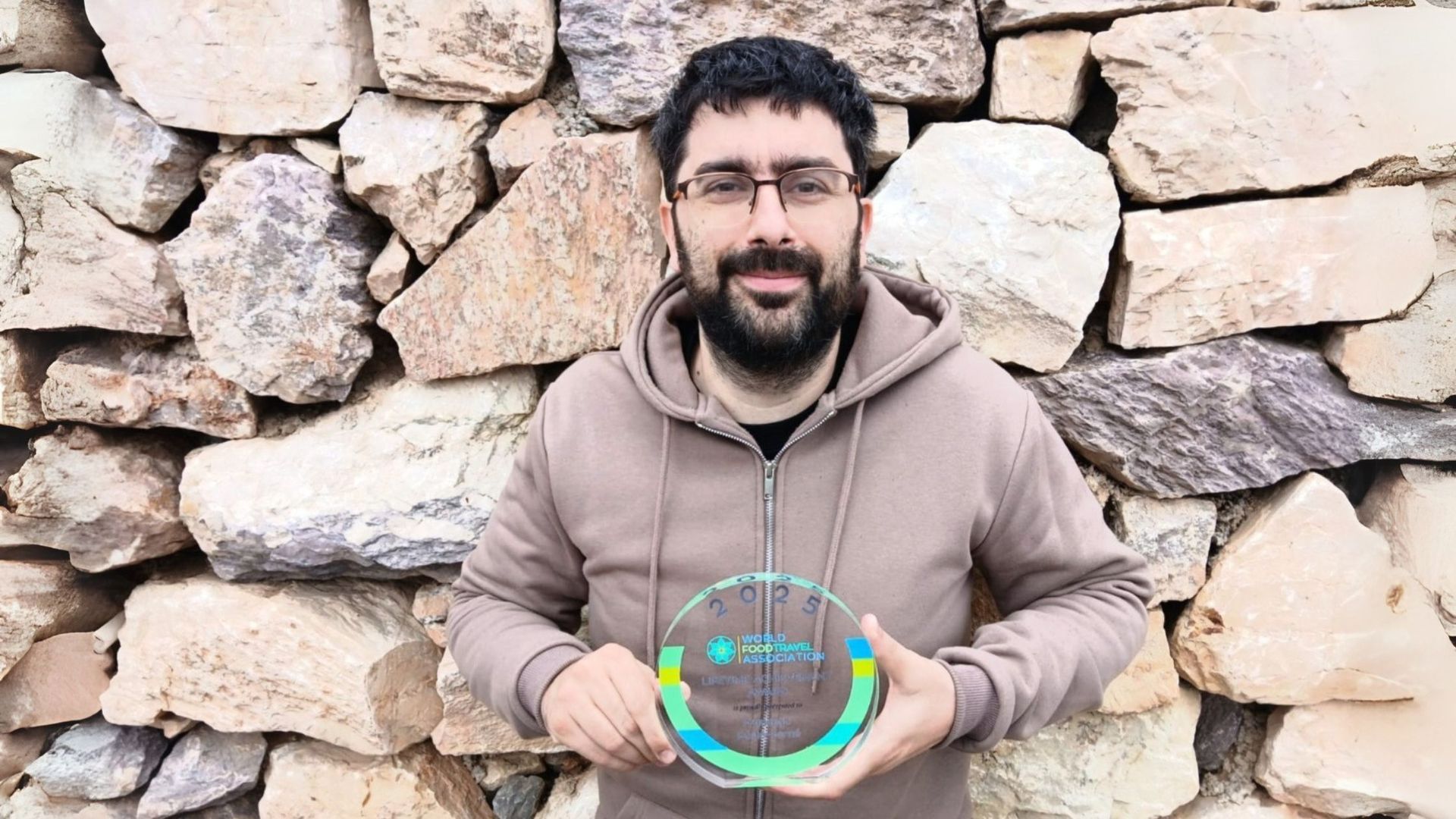Gastronomy Tourism as a New Way to Tell Old Stories

By Maria Athanasopoulou
Those who work in the field of tourism know how crucial it is to constantly promote in new ways their destinations, tourism businesses, services and products. Travelers usually want to select a new destination to visit every year. If they do not find a new destination, and eventually decide to revisit a destination where they have traveled before, they need a new reason to do so. Travelers need a new perspective, a new approach that will convince them that even if they go to the same place, they will still have new experiences.
Each destination has already created its own brand name in the global tourism market. And it has linked its recognition and promotion to that brand name. Every place has created its own story, and it tells this story with the sole purpose of attracting more and more visitors. Entrepreneurs do this on their own for their companies, services and products.
This connection of the place to certain specific lodging properties on one hand is good because it creates a stability that leads to easier promotion to a larger audience. But as years go by, and the connection between the place or the individual businesses and hotels is not modernized, then the result can become negative. Suddenly, it doesn’t seem to be very popular to go somewhere where the pictures I see show me a place, a service, or a product that reminds me of the past. In a word, travelers crave novelty.
Of course the characteristics of a destination do not change, but we can talk about them in a completely different way. For example, instead of showing a well-known picture of a turquoise beach, we can add to this deserted beach a table full of enticing local dishes. It’s the same beach undoubtedly, but it immediately changes the whole meaning of the image, doesn’t it? In addition, we continue to refer to that famous beach itself, the photo of which is now familiar to the general public, surprising the viewer’s eye with an entirely new element.
As for the hotels, a nice and luxurious room is always an incentive for the visitor. But if you add to this luxurious room a tray with a generous breakfast on the bed, stating that this is a local breakfast, the picture immediately changes, making it more appealing.
Even the products or services will appear more attractive, if we change their image and focusing more on taste. Then they will be more focused to the target.
Destinations also have their own story. Every year, every destination in the world repeats its story to the tourists who visit it or to those who want to visit it. Every destination talks about its beauty, history and culture, in a global language, the language of tourism. What if we presented the “same things” but in a more attractive way? Realizing that history and culture are reflected in the local cuisine of a place, we have already taken a very big step towards that more attractive presentation.
For example, if conquerors have passed from one place, this would have definitely left a mark on some of its local recipes. If any place has a long history, it will surely show us some local dishes that have been cooked there since antiquity until today.
We can also draw many conclusions about a people’s culture by studying their eating habits. For example, we can easily conclude whether a country is hospitable or not whether it is within their people’s culture to have frequent guests during their family meals
Gastronomy tourism deals with all of the above, essentially trying to create tourism products that can effectively attract more tourists. Through the activities of gastronomic tourism, the visitor will surely learn about the history and culture of the region, its agriculture, its local products, and the philosophy of its inhabitants.
So gastronomy tourism is a new way to promote a destination. For example we can tour the city center, but not in the usual way. We can take a food tour of the city center and see its major sights again, this time enriching the tour by testing local specialties and products. This is another way to learn the same things. It’s another melody, but based on the same lyrics of an older song. As we said, a more modern approach to a destination or a hotel, or a tourist product in general, will recreate an image that may have become cliché and make it more popular.
Gastronomy tourism gives destination marketers and business owners alike, a novel way through which we can talk differently about our own place, our tourism business or our local product, We can once again tell our beautiful story to the world! With new words. With new ways. With flavors and aromas. With vivid descriptions and colorful images! And this story, our story, will become even more popular in this way!
Maria Athanasopoulou is owner of Respond on Demand and serves as one of the World Food Travel Association’s ambassadors in Greece. She is based in Thessaloniki.










